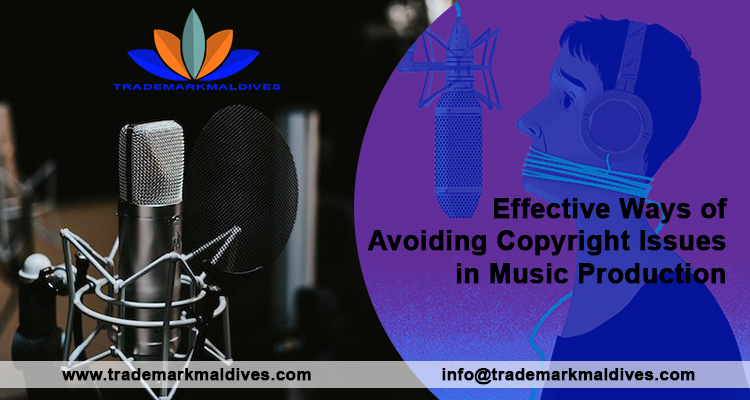Due to the continuous technological advancements, virtual businesses have stepped onto the path of tremendous growth. Nowadays, it is common to see people working in a coffee cafe or restaurant; instead of an office as earlier. Well, it is the concept of virtual businesses that makes this happen and lets the people work as freelancers, thus serving them with a new sense of freedom while working. Besides, it enables organizations to get their work done even by the people working in other cities. It is also about letting the employees work remotely. All these facts have made virtual businesses one of the best commerce of the present world.
Undoubtedly, virtual businesses are beneficial in almost every sense, but as the virtual data can be copied, altered, and distributed easily in just a couple of minutes, ensuring the protection of the work associated with the virtual world appears a bit complicated. In these instances, Intellectual Property Protection comes up as the most effective shield to prevent the unlawful copying and use of any material accessible over the internet without seeking the permission of the original creator.
Why Is Intellectual Property Protection Vital for Virtual Businesses?
Virtual businesses often operate on working models focused on their online presence. Hence, the assets like website, app, or other that influence one’s online presence are of great importance. Unfortunately, the Internet and rapidly advancing technology have made the theft and imitation of such online assets just a matter of some clicks, thus generating a crucial need for a robust shield to safeguard them. No doubt that there are several ways to keep the online data secure, but what could be more effective than intellectual property protection. It bestows you with the Intellectual Property Rights (IPRs) that are beneficial in not just preventing replication or misuse of your IP but also making the infringer pay for the damages to your business due to the infringement.
Who Can Own the IPRs on a Website?
A website, which acts as a foremost tool to promote the business for sales generation, is the biggest asset of any company. As this imperative tool generally includes several elements provided by different people like designers, content developers, etc., it is not necessary that a site owner owns exclusive rights on every component. Therefore, it is essential to determine what rights a site owner can own, along with how to protect them.
In general, the right to enjoy the exclusivity remains with the employer instead of the employees who are employed to develop the website. However, as the Intellectual Property Law varies from nation to nation, this right may also change as per the country. So whenever you decide to obtain legal ownership over your website, it will be in your best interest to consult an IP Attorney.
What Elements of Your Website Can You Protect?
The intellectual property industry has multiple heads to ensure the protection of various elements of your website. Technical tools and software can be protected by Patent Registration. However, the website’s design, which is the expression behind the idea of creating a site, can be secured under Copyright Protection. Copyrights are applicable also for the security of the website’s content, including images, blog posts, and more. Software that includes text-based HTML codes can obtain the protection under Patent Law or Copyright Act, depending upon the nation where the website is functioning. Trademark Law protects the website’s name, logo, products, and other unique signs visible to the viewer. Computer-generated graphic symbols, user interfaces, displays, & even webpages need to be protected under Industrial Design Law. Trade Secrets Law, as the name depicts, is available to safeguard the site’s hidden or confidential aspects, whose disclosure may lead to secrecy violation of the particular firm.
Wrapping Up
As mentioned earlier, the virtual business industry is one of the most rapidly growing sectors. While dealing in such a continually advancing and competitive industry, it is not uncommon for you to find your work violated by someone. Besides, there are possibilities that you may unknowingly infringe others’ IP. IP protection helps you in not just evading such issues but also ensuring safer online transactions in your business. So, if you are planning to come up with a website, make sure to secure it with suitable IPRs. Hopefully, the aforementioned information will prove helpful to you. However, if you are looking for additional information related to the IP industry and virtual businesses, it is better to consult an experienced IP Lawyer or IP Law Firm. For more visit: https://www.trademarkmaldives.com
Don’t forget to follow us on social media:
Facebook – https://www.facebook.com/trademarkmaldives/
Twitter – https://twitter.com/trademarkmaldiv
Linkedin – https://www.linkedin.com/company/trademarkmaldives/
Pinterest – https://in.pinterest.com/trademarkmaldives/
Tumblr – https://trademarkmaldives.tumblr.com/











Comments